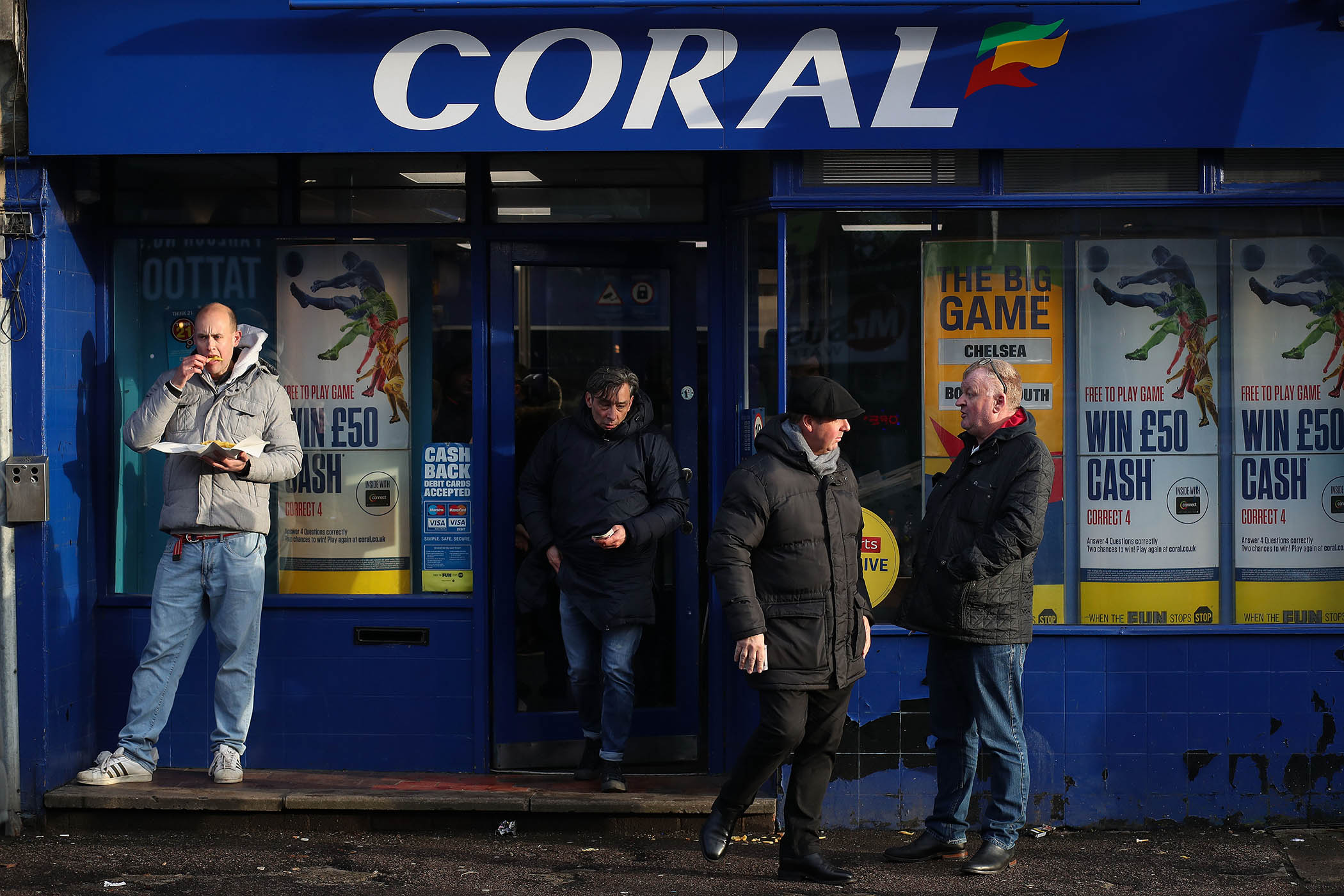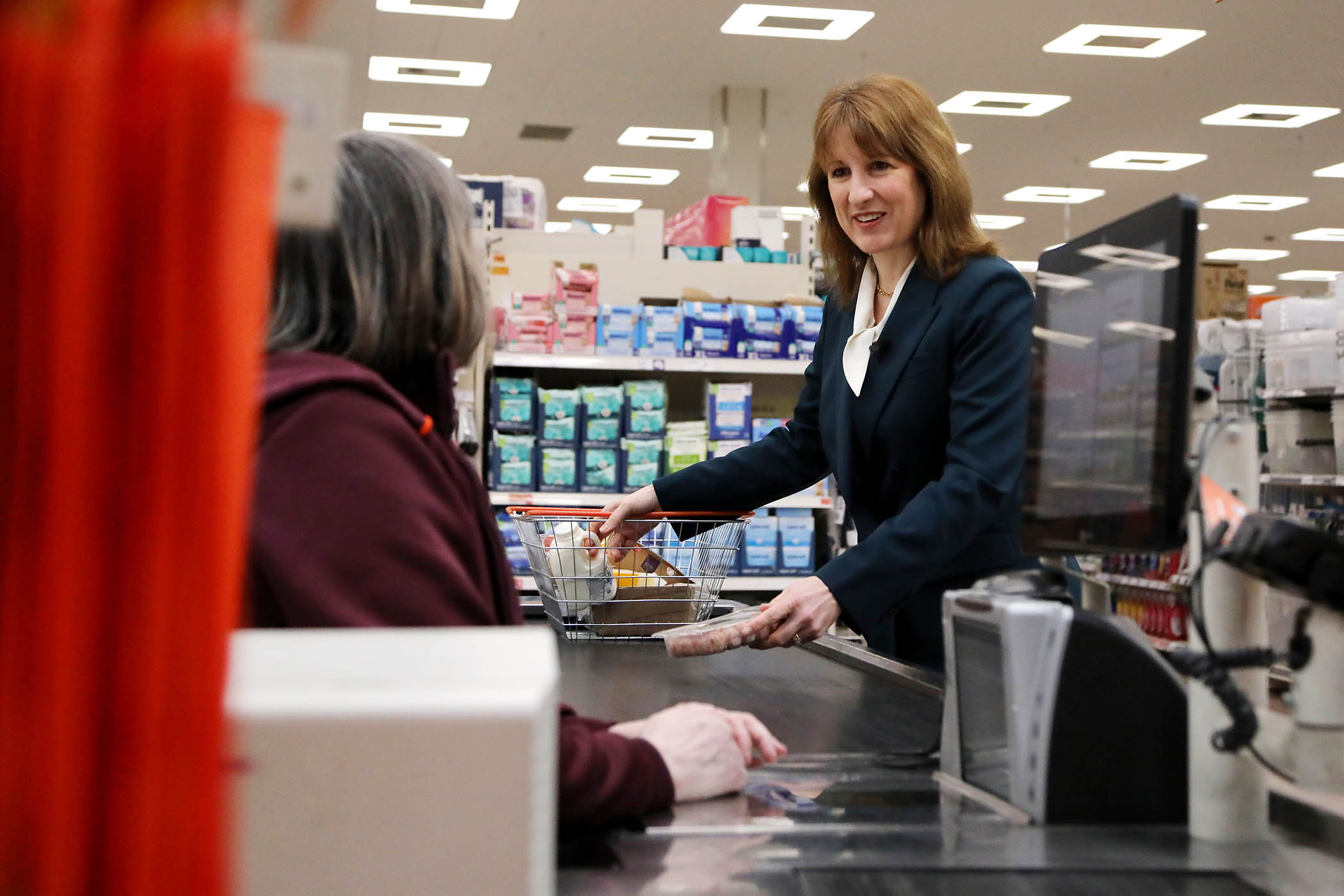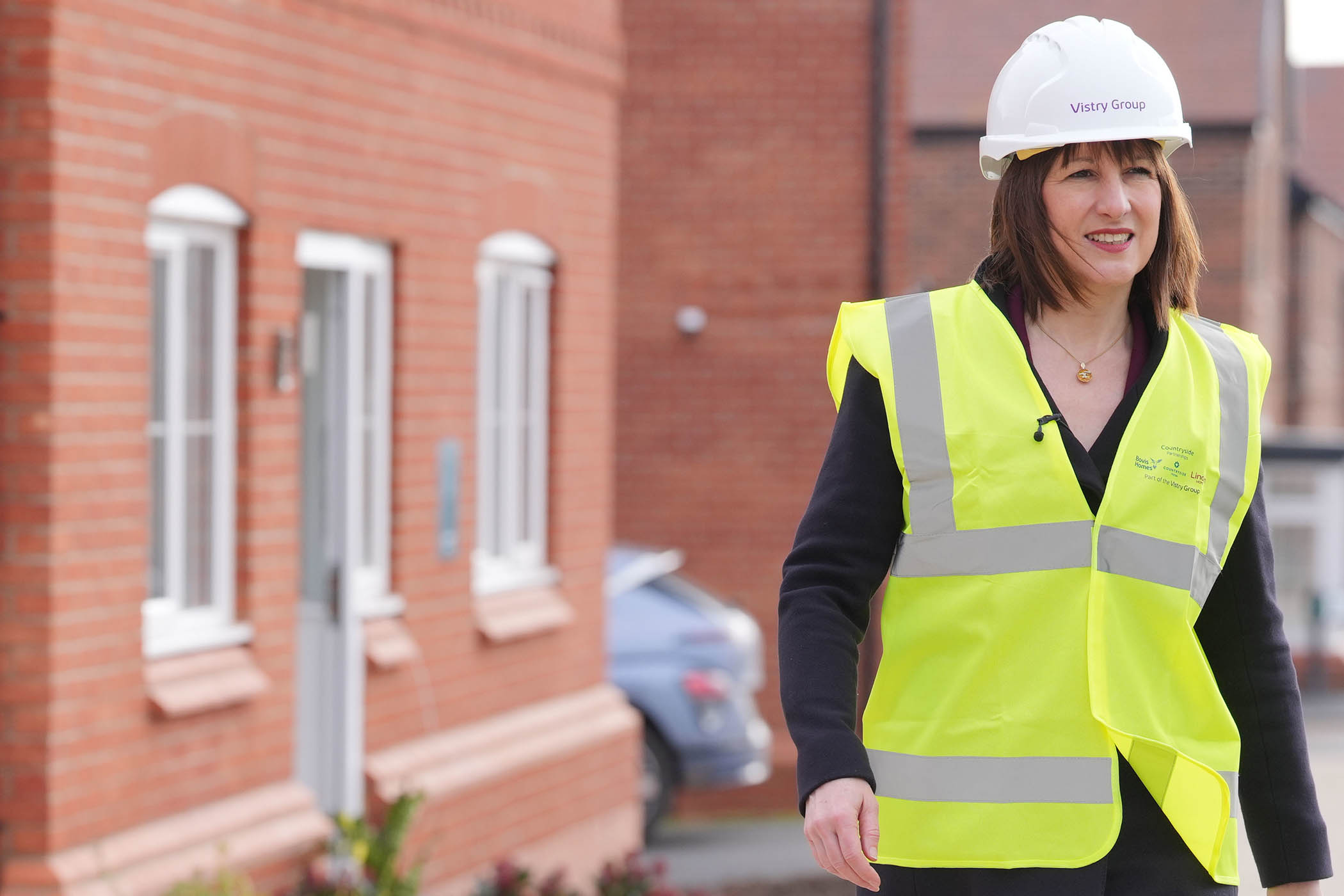Rachel Reeves followed her Labour conference speech with a clear signal to gambling firms: “They should pay their fair share of taxes,” she told ITV, while taking care to add that betting companies do make an “important contribution” to the economy.
An increase on gambling tax, which currently stands at what some MPs call a “light” 21%, is widely expected in next month’s budget. A group of more than 100 Labour MPs have urged Reeves to target “harmful” online gambling operators with a levy rather than to tax all remote gambling operators under one consolidated rate.
The gambling sector contributes £4bn in tax to the UK economy and supports about 109,000 jobs. An increased tax to 50% on online gambling operators, as proposed by the Institute for Public Policy Research (IPPR), would raise £3.2bn revenue for the Treasury.
Betting firms argue this would negatively impact their offering online, decrease investment in sponsorship and potentially push punters to the online black market.
Stella David, CEO of Entain, the owner of Ladbrokes and Coral, told The Observer: “For every £1 of profit we make, over two-thirds is paid out in tax”.
She said: “Piling on yet more taxes won’t raise more money – it will shrink the regulated market, cost jobs, and hand yet more business to illegal operators who pay no tax and protect no one.”
‘Piling on more taxes won’t raise more money – it will shrink the regulated market, cost jobs and hand business to illegal operators’
‘Piling on more taxes won’t raise more money – it will shrink the regulated market, cost jobs and hand business to illegal operators’
Stella David, Entain
David warned earlier this week in the Times that “any point of tax increase” imposed by Reeves could shutter an undetermined number of her FTSE 100 company’s 2,300 shops.
Betting shops fell fast during the pandemic, with more than 19% of high street stores forced to close, according to the Gambling Commission’s data. An estimated 5,931 betting shops remain open, but many argue that remote gambling should be the target of taxes. In 2024 remote gambling generated £6.9bn GGY (gross gambling yield), outperforming non-remote betting, at £4.6bn.
Speaking at the Labour party conference to the Social Market Foundation, a thinktank pushing for the tax changes, Minister for Gambling Baroness Twycross stressed that any increases needed to be made at a “safe level”. As to the idea that a gambling tax that generates £3.2bn could provide the answer to child poverty in the UK, as argued by the IPPR and SMF, Twycross said the two issues should not be put “in the same pot”, but were “two perfectly reasonable things for the government to look at”.
Nevertheless, social impact continues to drive this debate, as the IPPR looks to crack down on online gambling, the area of the sector where the risk of harm is highest and offshore-based companies pay little to no UK corporation tax.
Newsletters
Choose the newsletters you want to receive
View more
For information about how The Observer protects your data, read our Privacy Policy
Photograph by Charlotte Wilson/Offside via Getty Images



